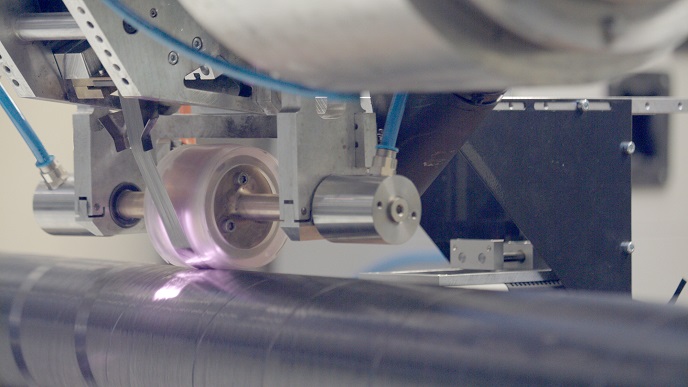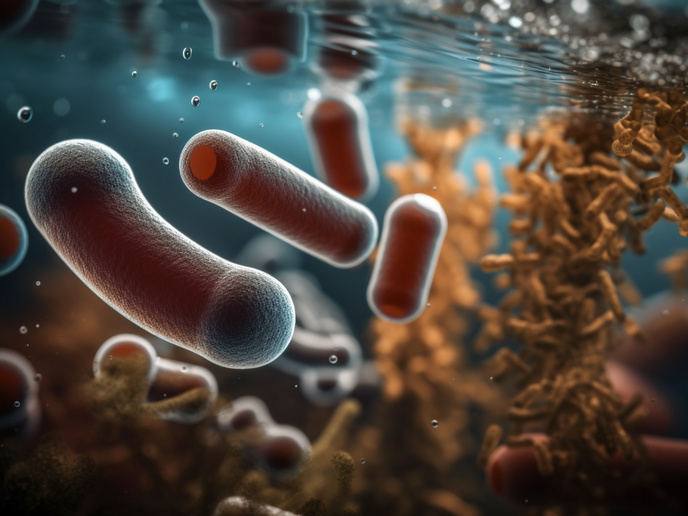Nano study may increase potable water supplies
Mass transport through pores in the nanometre size range has been studied for many years in a variety of disciplines, including membrane science, soil permeability and cell physiology. However, research into the effects on fluid behaviour of intermolecular forces, or physical and chemical interactions between the liquid and the solid surface, is lacking. Scientists at the University of Bath, UK have taken on this challenge as part of the 'Transport phenomena at the nano-scale' (TPN) project. They will focus in particular on the nature of interactions between liquids and the pore structures with systematic studies of the effect of pore size, shape, surface chemistry and structure on fundamental nanoscale transport phenomena. These include wall slip, liquid velocity, surface tension and the contact angle of liquids. In order to achieve this objective, they are developing an innovative fluidic chip that combines nanochannel manufacturing with traditional microfabrication techniques. The research team said that although the project is focused on the fundamental understanding of liquid behaviour at the nanoscale, the results could nonetheless 'provide a significant impact in the area of water filtration and desalination'. They explained that 'the possibility of performing water filtration and desalination … through carbon nano-tube membranes could widen dramatically the access to clean and drinkable water'.





